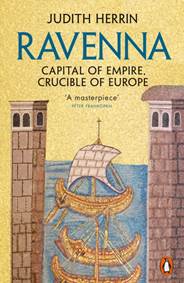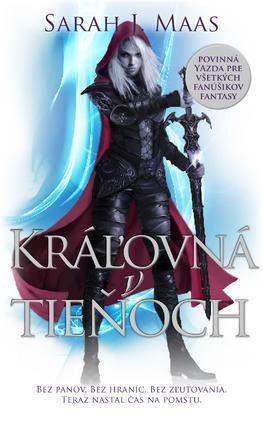Ravenna : Capital of Empire, Crucible of Europe
Knihu kúpite v
1 e-shope
od
20,84 €
Knihyprekazdeho.sk
20,84 €
Skladom
(dodanie do 3 dní)
Krátky popis
'Magisterial - an outstanding book that shines a bright light one
of the most important, interesting and under-studied cities in
European history. A masterpiece.' Peter Frankopan'A wonderful new
history of the Mediterranean from the fifth to eighth centuries
through a lens focussed on Ravenna, gracefully and clearly written,
which reconceptualises what was 'East' and what was 'West'.'
Caroline Goodson'A masterwork by one of our greatest historians of
Byzantium and early Christianity. Judith Herrin tells a story that
is at once gripping and authoritative and full of wonderful detail
about every element in the life of Ravenna.Impossible to put down.'
David FreedbergIn 402 AD, after invading tribes broke through the
Alpine frontiers of Italy and threatened the imperial government in
Milan, the young Emperor Honorius made the momentous decision to
move his capital to a small, easy defendable city in the Po estuary
- Ravenna. From then until 751 AD, Ravenna was first the capital of
the Western Roman Empire, then that of the immense kingdom of
Theoderic the Goth and finally the centre of Byzantine power in
Italy. In this engrossing account Judith Herrin explains how
scholars, lawyers, doctors, craftsmen, cosmologists and religious
luminaries were drawn to Ravenna where they created a cultural and
political capital that dominated northern Italy and the Adriatic.As
she traces the lives of Ravenna's rulers, chroniclers and
inhabitants, Herrin shows how the city became the pivot between
East and West, and the meeting place of Greek, Latin, Christian and
barbarian cultures. The book offers a fresh account of the waning
of Rome, the Gothic and Lombard invasions, the rise of Islam and
the devastating divisions within Christianity. It argues that the
fifth to eighth centuries should not be perceived as a time of
decline from antiquity but rather, thanks to Byzantium, as one of
great creativity - the period of 'Early Christendom'.These were the
formative centuries of Europe. While Ravenna's palaces have
crumbled, its churches have survived. In them, Catholic Romans and
Arian Goths competed to produce an unrivalled concentration of
spectacular mosaics, many of which still astonish visitors
today.Beautifully illustrated with specially commissioned
photographs, and drawing on the latest archaeological and
documentary discoveries, Ravenna: Capital of Empire, Crucible of
Europe brings the early Middle Ages to life through the history of
this dazzling city.

